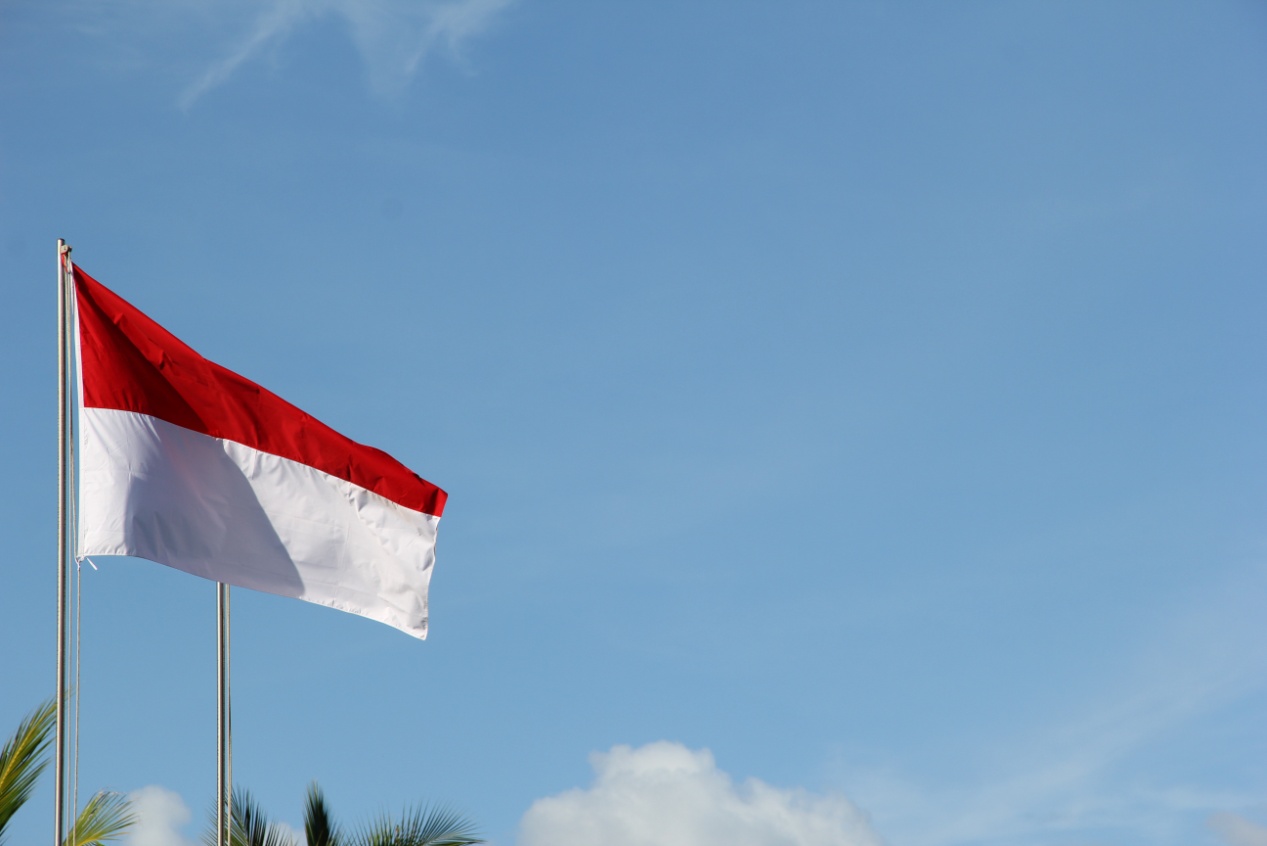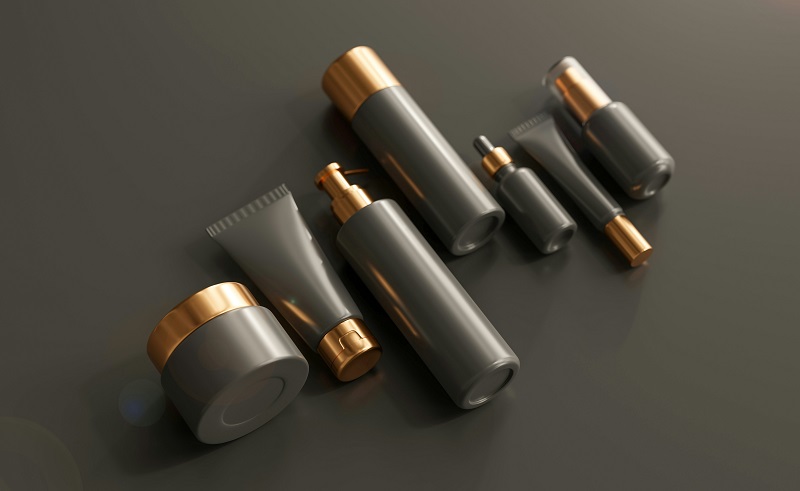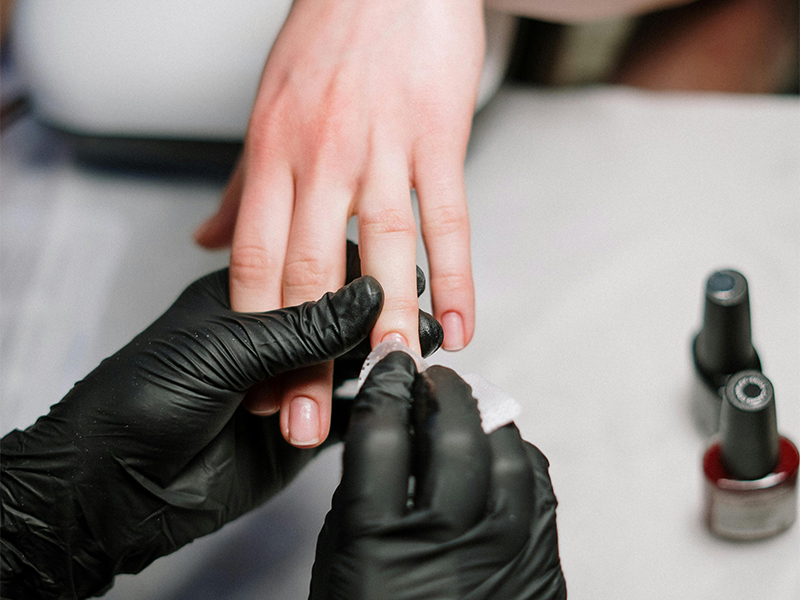The Indonesian halal market is one of the biggest growing markets due to 230 million Muslim consumers. For a Muslim-majority country like Indonesia, one of the important things to consider when buying or consuming daily product is halal. Global Islamic Economy Report forecasts that the demand for world halal cosmetics will reach $76 billion by 2024, with Indonesia ranking the second biggest gold consumer. Therefore halal assurance has become the key concerns of the Indonesian government.
Indonesia’s Halal Product Assurance (HPA) Law has been implemented in October 2019 and will be phased within seven years. The Indonesia government has issued several derivatives regulations. A new halal certification system will be introduced and administered by the Halal Product Assurance Organizing Agency BPJPH, which will involve Halal Certification Assessment Institution MUI and the Halal Examination Agency LPH.
To help enterprises better prepared for the mandatory cosmetics halal certification in the next few years, ChemLinked invited Ms. Dewi Rijah Sari, the expert consultant of dRs Consûlta, to interpret the update on Indonesian halal regulation evolution and implication of the regulation to cosmetic's business.
How to define Halal
Let’s explore Halal from the following terminologies.
● Halal means permissible or lawful according to Islamic Shariah Law. Basically, all things in the world are halal, unless there is a prohibition mentioned in AI-Quran or Al-Hadith( Al-Quran is the Islamic Holly book ; Al-Hadith is record of the words, actions, and the silent approval of the Islamic prophet Muhammad).
● Thoyyib means quality, wholesome and not harmful to health. Whatever being consumed must meet the criteria of Halalan Thayyiban. Thoyyib is more close to the quality assurance. In terms of cosmetic product, you need to fulfill the good manufacturing practice during the production of the cosmetic product.
● Haram means prohibited or unlawful, according to Islamic Shariah Law.
● Halal – Haram is ‘Part of Islamic Teaching’.
● Halal – Haram rule is clearly explained in the Holy Book Al-Quran and also Al-Hadith. Practicing halal-haram rule is obligatory for all muslim.
Here are some examples of HARAM materials in Al-Qur’an & Al-Hadist. For example, Pork, Carrion, blood, animal slaughtered by not mentioning the name of Allah (God), Khamr (alcoholic beverages) (QS Al - Baqarah:219), Wild animal (Carnivour), Animals with sharp teeth and claws, Amphibia (Animal who live in both land and water) HR. Bukhari - Muslim. There is an exception: All animals from sea are Halal although not slaughtered.
The evolution of halal regulation in Indonesia
As you know in 2014, the government issued the Halal Product Assurance Law(UU JPH No.33/2014). The law was active in 2019, leaving a 5-year transition period or preparation before conducting it. In 2019, there were some subsidiaries or derivative regulations of the law issued by the government, from which it has been explained there are some other phasing periods before the implementation. In 2020, the government also issued another two regulations.
Here are the hierarchy of the regulations starting from the law, the government regulation, ministerial regulation, ministerial decree and head of BPJPH decree. Currently, there are two laws, Halal Product Assurance Law and Omnibus Law, the latter just enacted in November 2nd, 2020. Some articles of the Halal Law are being amended in this Omnibus Law. There are two regulations (one government regulation and one ministerial regulation), two ministerial decrees and one head of BPJPH decree.
Some articles of the Halal Law highlighted in the following might be very important for you
● The first is Article 1, which talks about the definition of the product that must be halal certified. Products are goods and/or services that are related to food, beverages, drug, cosmetic, chemical product, biological product, genetically engineered product, as well as consumer goods that are worn, used, or utilized by the public. Of course, cosmetic is included in this definition.
● The second is the Article 4, talking about the mandatory halal certifications. Products that enter, circulate, and traded in the territory of Indonesia must be halal certified.
● And the Article 26 is about exclusion of the product containing haram material. So it means that in Indonesia territory, there are also some non-halal products, or we call them products that contain haram materials. You still can use it, or you can still sell it. However, you need to fulfill some labeling requirements.
● The last one is Article 67. The obligation of halal certification will come into force after 5 years since the law was enacted on 17 October 2019.
Actually there are some effective regulations explaining about the phasing period. Here is some information about what kind of phasing period that will apply for different product types. For food and beverages, another phasing period is 5 years, meaning the mandatory halal certification coming into force by 17 October 2024. In terms of non-food & beverages, it is different referring to different product types, including the cosmetic. Cosmetic is included in non-drug, non-biological product, non-medical device & non-household product and the phasing period for cosmetic will be 7 years. What is the meaning of 7 years? Actually, you need to do the preparations within 7 years for the halal education. It means that you can do the halal certification in the stages before it comes into force for the mandatory halal certifications.
There are some product types that must be certified in Ministry of Religious Affairs (MoRA) Decree, including 48 product categories and also 2337 classification code. And the product types are subject to change in case any future development. For cosmetic itself, the cosmetic product categories are including 2 finished product and ingredients (except ingredients in the positive list). So what are the ingredients in the positive list? Actually, you don't have to complete the supporting document of these ingredients with the halal certificate (check the positive list issued by the LPPOM MUI here).
Amendment to the Halal Law in the Omnibus Law
As to the Omnibus Law, as stated above, there are some amendments of the articles. The changed articles are 22 Articles, and also there are 2 additional articles. In general, the amendments are related to BPJPH Cooperation, Business Process of Halal Certification, Halal Supervisor, Community Participation, LPH & Halal Auditor, Halal Certificate, Halal Label, Administrative Sanction and also self declaration. Key points of the amendments are listed in the following:
The first is the institutions. In this amendment, it emphasizes there's still be a cooperation between BPJPH and MUI for the part of halal fatwa. And also MUI still remains as a halal fatwa institution. For the Halal Product Assurance service is still carried out by this government agency, which is BPJPH. For the business sector, the most promising priorities for the halal certification process will become only 21 working days. It means that you can get the Halal Certification in our faster process. In the part of Small and Medium Enterprises, the price for the financing of the halal certification, it will be free of charge. For the halal label, it will be determined by BPJPH in the future, and it's still being discussed how the label will be used in terms of halal logo. Last but not least, Violations against the implementation of HPA will be subject to administrative sanctions only.
Five Key words to learn the halal certification evolution
In brief, the halal certification evolution in Indonesia can be simply divided into two stages, before 17 October 2019 and after the implementation of the UU JPH No.33/2014. In terms of Nature, before it’s voluntary and after the law, it becomes mandatory. However, as mentioned above, there will be some phasing period under different product types. The Institution before the UU JPH No.33/2014, was managed by LPPOM MUI, which is the independent Islamic institution. Now, it is handled by Halal Product Assurance Organizing Agency (BPJPH). For the Halal Label, currently, we still use the Halal MUI logo. However, in the future there will be Halal Indonesia logo, which is still to be confirmed. And during this transition period, the Halal MUI logo is still being used and still being recognized as the national logo. As to the product scope, now you have to refer to the Article 1 and UU JPH No.33/2014. And then for the Halal Audit, it was only being done by LPPOM MUI before. However, in the future, it will be done by Halal Examination Agency (LPH). And it can be more than one LPH, from which you can choose one LPH to have the halal audit done. For the Halal Certificate recognition, currently, there are only 45 Halal Certifier Bodies from 26 countries for category slaughtering (37), raw material (40) and flavor (22) only. In the future, the recognition scheme for the finished product will be in place. However, currently the recognition scheme is still on process.
Halal certification perspectives from different stakeholders
From the consumers’ point of view, it can be product’s assurance on safety, quality and syariah compliance, including ingredients and manufacturing process. For the business actors, it can be market opportunity. Meanwhile business actors need to have commitment, because they need to implement halal assurance system. In some part, some of the challenges will face the business actors because of some adjustment in terms of preparation of your production facility, the human resource, and also other infrastructure. As to the regulators, it could become the consumer protection, and also the product assurance. For example, the Indonesia government would like to ensure that halal products are available; the certification procedure in the market is available in the right way.
Halal Certification Procedure
The halal certification procedure has already been done since 17 October 2019. First, the business actors must submit the halal certification application to the BPJPH. Then BPJPH will do an appointment to the LPH, and then the LPH will do the examination and/ or testing of product’s halalness. After the examination finalized, the result will be reported to the BPJPH again. BPJPH will verify the result docs and /or LPH test, and then submit it to the MUI to get the Fatwa, which means the halal decision. And after halal Fatwa, BPJPH will publish the decision and also the halal certificate. At present, the total process for domestic product is around 97 working days, and around 117 working days for overseas product. However, under the Omnibus Law, it should be 21 working days in future, with details of implementations to be confirmed.
What to prepare for halal certification?
You can do the preparation for three parts. The first one is raw material. As to the raw material, you need to do a selection and verification to the supplier by providing relevant supporting documents. For example, halal certificate, specification, CoA, MSDS, flow process, etc. For the facility and process, probably you need to make an adjustment of the plant layout or process, investment of new facilities or equipment if needed. For example, if you need to do separation of the production line, probably you need some Investment. And you also need to provide halal policy, Hala Assurance System, SOPs, working instructions, manuals and other documents. In term of the personnel, you need to do some Kind of training and education specific for Halal Assurance System. You have to appoint a Halal Management Team, and also the regular halal management review needs to be done in order to ensure that the Halal Assurance System has already been put in place.








